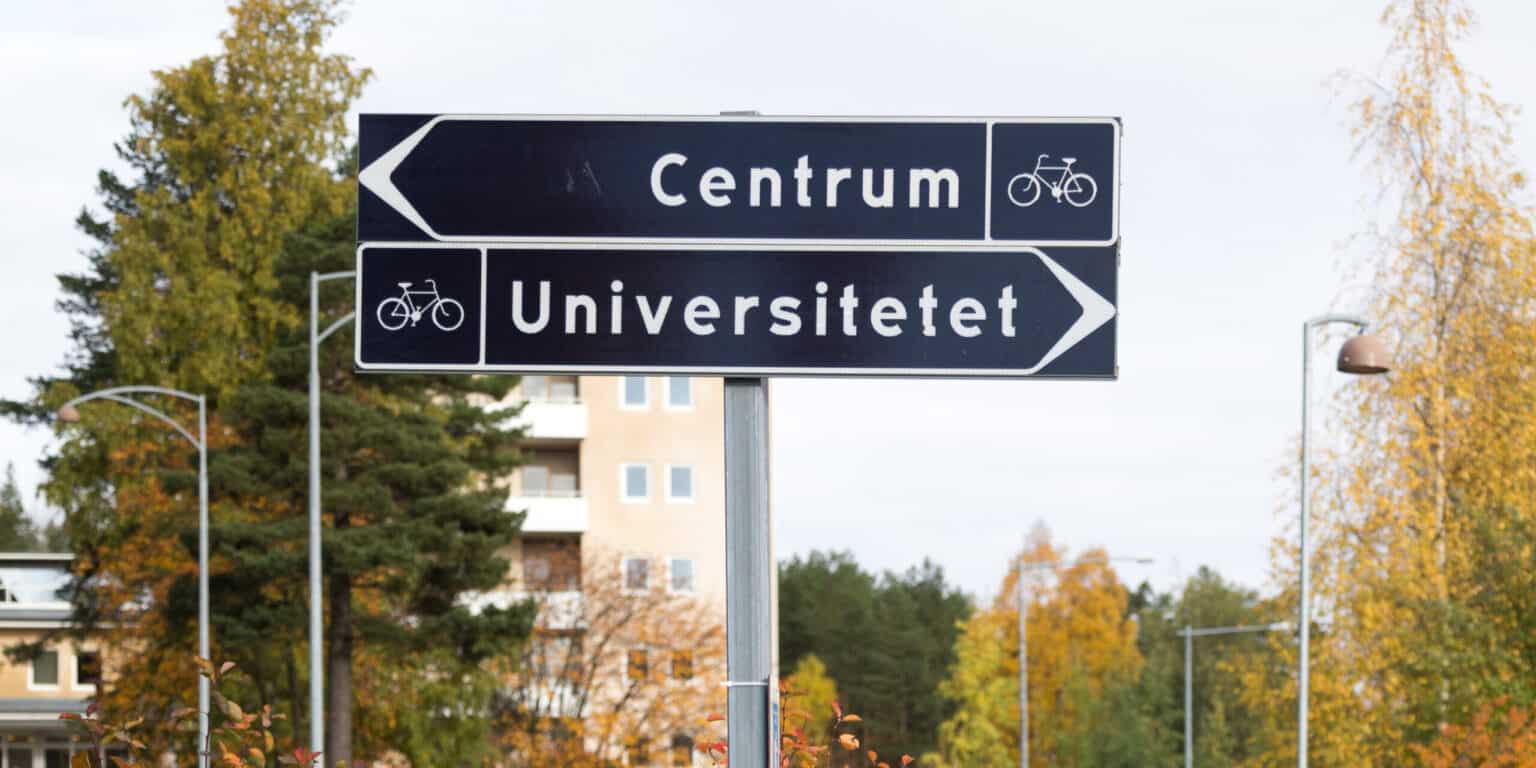Since Umeå University’s vice-chancellor approved the ”rule for intermittent employment with hourly pay” on 1 October 2022, Umeå University has advertised a large number of intermittent positions.
Universitetsläraren has seen dozens of positions that were advertised at the turn of the year. In total, there were between 15 and 28 such positions advertised by the Humanities Faculty, as well as every advertisement for the Medicine Faculty for ”several” employees or teaching assistants.
Work as needed
One of the advertisements is for three to eight people who can work ”if the need arises” during a ten-month period.
Umeå University has said it is not able to comment, as the HR unit is in negotiations with the union. This employment procedure is still quite new and the union is still in the starting blocks. Håkan Lindkvist, chair of the Saco-S committee at Umeå University says “We will monitor this and discuss in our central cooperation group how the university starts to apply and use this procedure. Our representatives in the faculties’ cooperation groups also need to address the issue.”
To be used for urgent needs
Lindkvist points out that the vice-chancellor’s rule regarding intermittent employment is to be used in the event of an urgent need or when specific competence is required for a limited period. “But if you read the advertisements, they cover very broad tasks. These people will teach, lead seminars, supervise, teach online, do educational administration and examine. But only teachers can examine.”
He is also critical of the many advertisements for ”several employees” at various departments. “In the ad text, it looks like they want to use teaching assistants and employ them intermittently. In my eyes, that is a breach of the Higher Education Ordinance.”
Want to avoid giving permanent contracts
In the vice-chancellor’s rule regarding intermittent employment, it is recommended that when managers call in intermittent employees, they should be aware of the risk of giving too many hours, i.e. that the employee does not ”accidentally” qualify for permanent employment.
“If you think that you need up to eight people, that sounds to me like this is plannable activity where you can offer proper employment,” says Karin Thorasdotter, a national officer at SULF. She believes that the practice is dubious in the context of the Higher Education Ordinance, but says that, above all, it is bad HR policy.
Highly skilled gig jobs
Thorasdotter emphasises that if your job is to teach and examine, you need time to prepare lessons, time to conduct examinations and you probably also have a lot of follow-up work.
“I can’t see that you can schedule it for individual days. There will be more work. I therefore urge members to ask for written confirmation of what work is to be performed and how much time you will be given for it. You can say no. If you say yes, don’t work for free.”
She believes that Umeå University advertises gig jobs, albeit with highly skilled content. “It’s unacceptable to put people who are to take these jobs in such a highly precarious situation. I often talk to members with this type of employment, and it’s tough for them,” she says.
Gothenburg started earlier
Universitetsläraren has previously written about intermittent employment at Gothenburg University. According to that article, which is from 2017, the University was going to review its competence supply and staffing procedures. But the issue still seems to be ongoing.
“I would say that the very question of how the university recruits is very much alive. There is a project underway to produce a proposal for how the university should work strategically with competence supply, and that should be presented in 2023,” says Ralph Heiefort, development manager at the HR unit at Gothenburg University.
GU Journalen has reported that the university employs more and more people intermittently, but calls them guest lecturers. “People who are hired intermittently should be guest lecturers with short assignments. According to the appointments procedures, guest teachers may not be employed intermittently,” says Heiefort.
Maja Pelling, chair of the Saco-S association at Gothenburg University, is critical. “It’s a scam to call them guest lecturers, because they’re actually guest teachers. But the important thing for us at SULF is the quality of the education. How can you plan long-term? After all, we’re talking about a university here. GU should employ enough teachers,” she says.
















